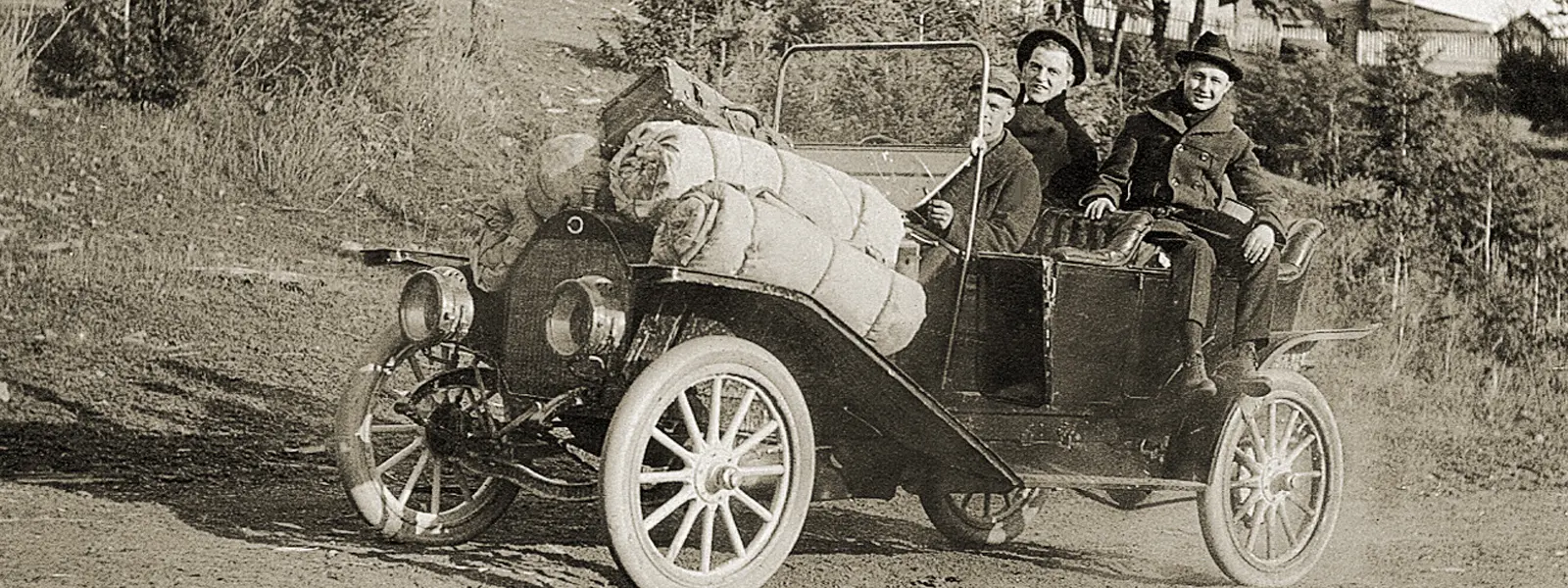Implementing a New Business Model That Creates Customer Stickiness
What makes us repeatedly choose one company over another? What choices can organizations make that create customer “stickiness”?
What makes us repeatedly choose one company over another? What choices can organizations make that create customer “stickiness”?
Functional design provides extensive benefits as well as challenges. To optimize the structure, leaders should ensure that functions operate within scope and that cross-organizational silos are bridged.
Learn how automotive innovator Henry Ford followed organization design principles to build an automobile company that dominated its era and helped shape modern business practices.
When leaders think about the elements of their strategy, they should review each offering to determine if it leads to more sales or greater profit margins. If it doesn’t contribute to the revenue model, a refocus might be in order.
A purpose-driven organization can provide unique competitive advantages that benefit employees and customers alike. Learn how you can take advantage of the intrinsic value this kind of organization offers by aligning purpose with profits.
As we move into a new era of remote work, employees and managers in a matrix organization should revisit workplace expectations to ensure the organization continues to function effectively.
These three steps can help leaders get the most out of spans and layers adjustments. and make sure a span and layer analysis doesn’t lead to unintended consequences.
Learn how understanding and optimizing your business model can help you define your competitive positioning, understand decision rights and work more efficiently.
Linkages are a key aspect of every organization design that leaders should carefully examine to help their organizations be more successful.
Moving forward, the success of businesses will be influenced by how well they can adapt, replacing old organizational strategies with the ability to react to quickly changing conditions.









